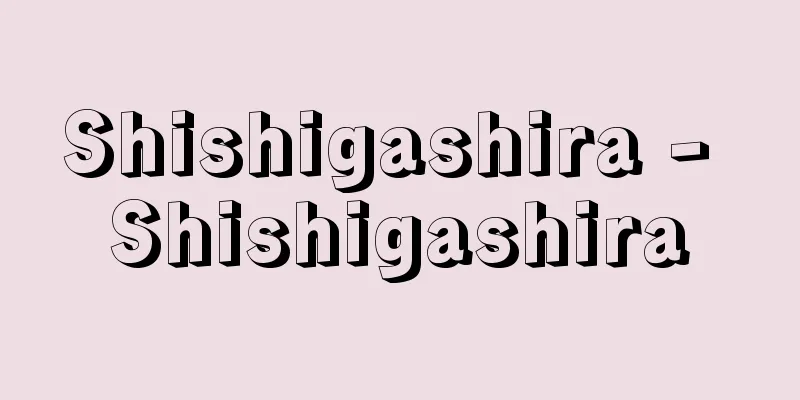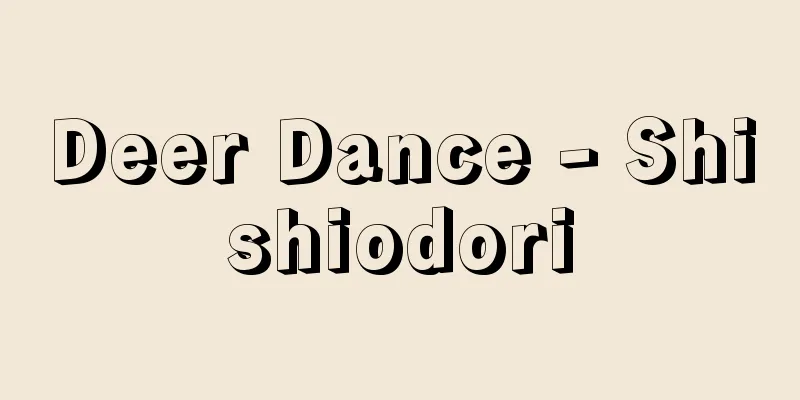Onomatopoeia - Onomatopoeia

|
Words used to describe states that are not directly related to sound, such as "kirakira" (sparkle), "daradara" (lazy), and "furafura" (flutter). There are many of these in Japanese. They are used alone or with "to" as conjunctive modifiers, and some become adjectival verbs, such as "pittari da" (it's perfect), and some become verbs with "suru" (to be refreshed), such as "sukkiri suru" (to be refreshed). Sometimes they are used as interjections, such as "gakkari" (disappointed) and "dokki" (surprise). (→ Onomatopoeia ) Source: Encyclopaedia Britannica Concise Encyclopedia About Encyclopaedia Britannica Concise Encyclopedia Information |
|
「キラキラ」「ダラダラ」「フラフラ」のように,直接に音響とは関係のない状態を描写するのに用いられる語。日本語には非常に多い。単独で,または「と」を伴って連用修飾語として用いられるほか,「ピッタリだ」のように形容動詞になるものや,「スッキリする」のように「する」を伴って動詞になるものもある。ときには,「ガッカリ」「ドキッ」などのように,間投詞として用いられることもある。 (→擬声語 )
出典 ブリタニカ国際大百科事典 小項目事典ブリタニカ国際大百科事典 小項目事典について 情報 |
>>: Expectation rights - expectation rights
Recommend
Ghost - Yūrei
[1] 〘Noun〙① The spirit of the dead. A ghost. ※Chuu...
Guide Michelin
A guidebook for travel, hotels, and restaurants in...
Phase inversion baffle
...For this reason, various technical improvement...
Baillarger, J.
...It was the German psychiatrist Kraepelin who m...
Embryo sac (English spelling) embryosac
…The male gametophyte is small (several cells in ...
Chief of the clan - Uji no Osa
...the head of a clan in ancient Japan. Also call...
Kaihosha
...It is the birthplace of Daisaku Soma, the mast...
Katzir, E.
The head of state is the President (5-year term),...
Lasiocampidae
...They are found in almost all of Japan, the Kor...
Sod house (English spelling) sodhouse
...The log cabin was built in the woodlands of th...
Mr. Kobori
A feudal lord in the early modern period. He was b...
Nagatoshi Yamanaka
Year of death: December 24, 1608 (February 10, 160...
Blepharipa zebina (English spelling) Blepharipazebina
…[Shima Hong]. … *Some of the terminology that me...
Artha
…But Indians have not turned their backs on reali...
Dicotyledonous plants - Dicotyledonous plants
This refers to angiosperms that have two cotyledo...









